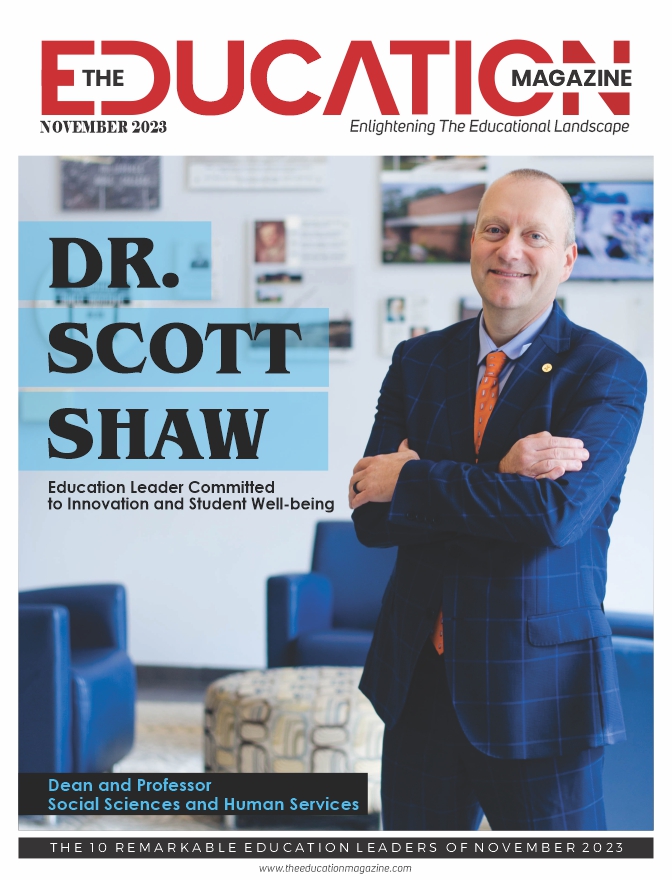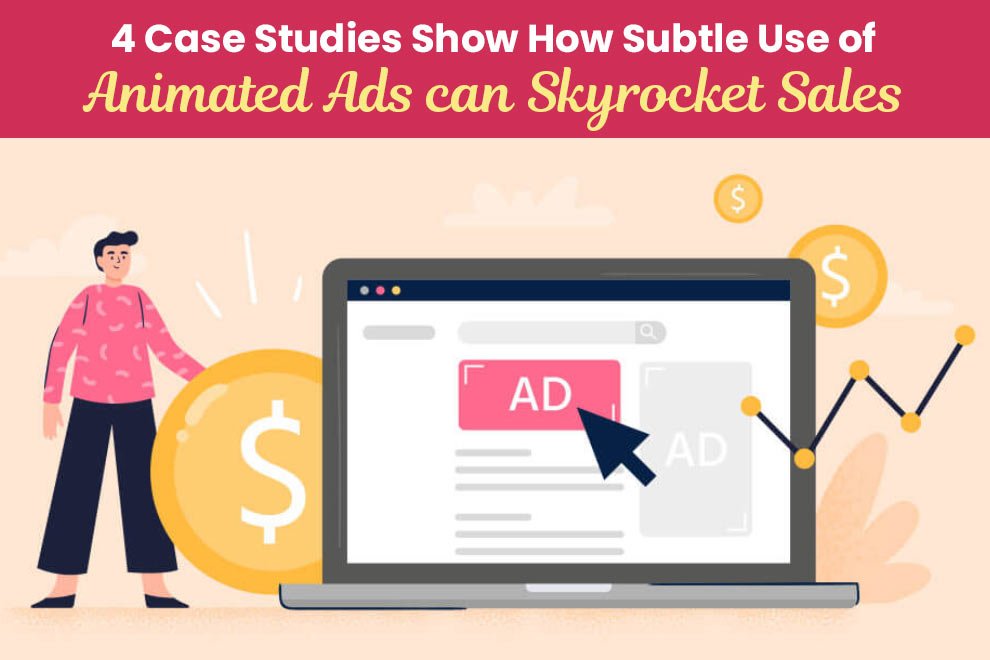73% of people would be willing to pay more for better data privacy protections
As digitization is expanding rapidly and digital technologies are processing and managing data digitally, data privacy has become an inevitable concern. People are putting more of themselves online, and that’s the reason they expect to have more control and transparency over their personal information. Today, most American citizens are concerned with the fact that companies are using personal information to influence their life. As statehouses and Congress are considering new consumer privacy legislation in 2020, DataGrail conducted nationwide research that shows most Americans expect more control over their personal information online. They are also concerned with how businesses use their data collected about them to increase behavioral advertisements and other financial gains.
The private management company, DataGrail released the research on National Data Privacy Day to help raise awareness for data privacy best practices.
The survey
The research includes a survey of 2,000 people aged 18 and above where 4 out 5 Americans agree there should be a law to protect their personal data, and 83% of people expect to have more control over how their data is used at a business.
Many Americans experienced that companies are failing and hence, requested more control over their personal data. 62% of people continue to receive emails from a company after unsubscribing. Additionally, more than 82% of respondents have concerns about business monitoring or collecting data from their phone microphone, laptop webcams, home devices (such as Google Home, Alexa, etc.), or mobile devices with location tracking.
In addition, 77% of consumers would not shop at their favorite retailer if they found they did not keep their personal data safe. 73% of people would be willing to pay more for better privacy protections such as online services companies (retailers, eCommerce, and social media) to ensure they will not sell their data and practice behavioral advertisements.
The States response
State regulators are listening to American’s demands resulting in several states that have developed their own regulations, including California, Nevada, and Maine, with Washington, New York and several other states following suit.
The California Consumer Privacy Act (CCPA) that went into effect on Jan. 1, 2020, is one of the most consumer-forward, comprehensive and prominent data privacy laws. However, only 24 percent of Americans are familiar or have heard of it.
“The good news is that businesses are responding. Brands are already making big moves to show their dedication to privacy, and it’s paying off. Those that proactively update preferences and consent will end up with a more loyal customer base. However, we still have a lot of education to do. It’s clear people want the regulations. Our research shows that 50% of people would exercise at least one right under the CCPA,” said Daniel Barber, CEO, and co-founder of DataGrail.
What if all Americans were given the rights included in the CCPA:
- 65% of people would like to know and have access to what information businesses are collecting about them.
- 62% of people would like the right to opt-out and tell a business not to share or sell personal information.
- 58% of people would like the right to protections against businesses that do not uphold the value of their privacy.
- 49% of people would like the right to delete their personal data held by the business.










